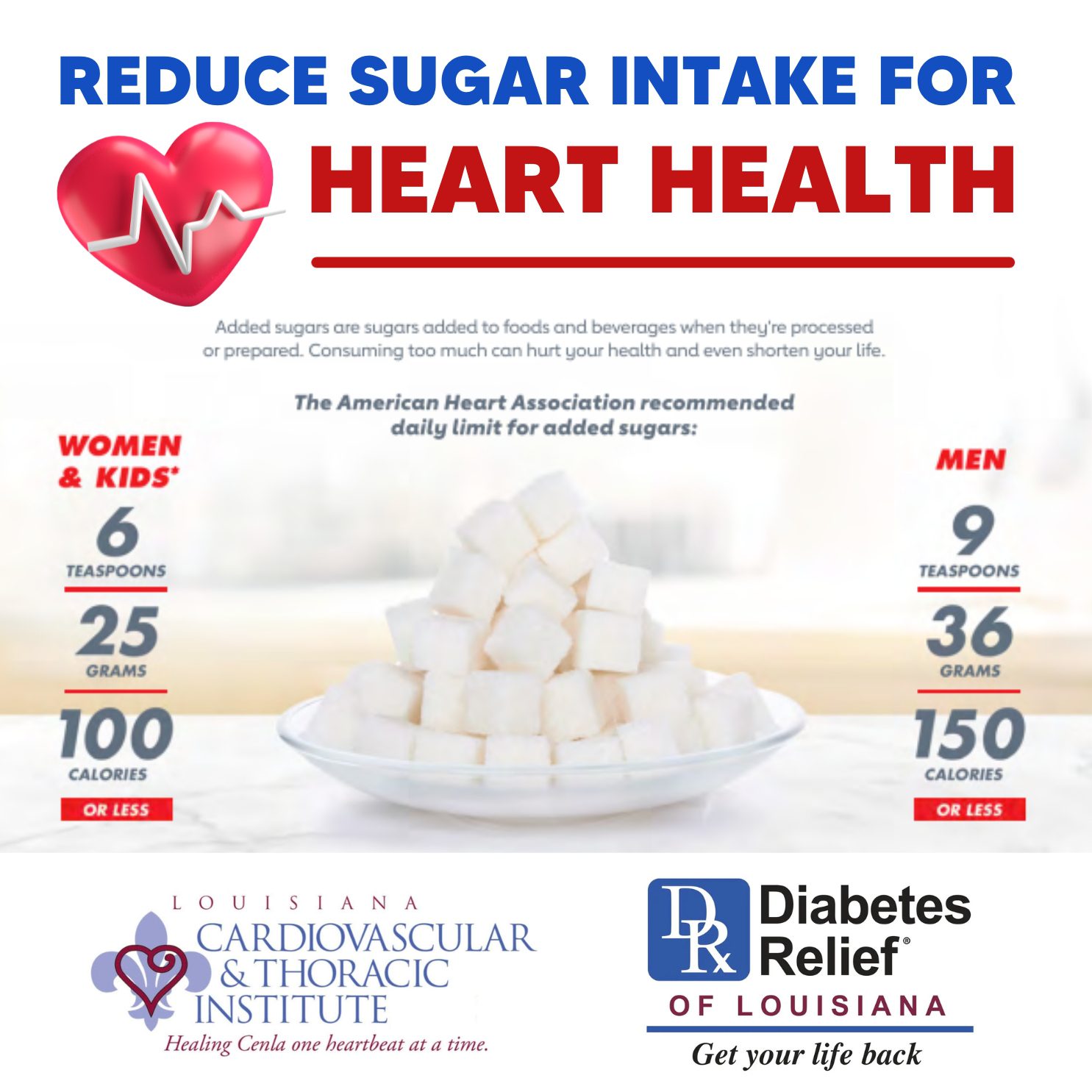Introduction:
In today’s fast-paced world, the consumption of sugar has skyrocketed. From sodas to processed foods, sugar is hidden in many products and has become an integral part of our daily diet. While a sweet treat now and then is enjoyable, excessive sugar consumption can have detrimental effects on our health. One such consequence is its role in promoting inflammation, which has been linked to various chronic diseases, including heart disease. Let’s explore the connection between sugar consumption, inflammation, and its impact on heart health.
Sugar and Inflammation:
Inflammation is the body’s natural response to injury or illness, playing a crucial role in the healing process. However, chronic inflammation, characterized by persistent and low-grade inflammation, is a cause for concern. Studies suggest that excessive su gar intake can trigger and exacerbate chronic inflammation within the body. When we consume sugar, particularly refined sugars and high-fructose corn syrup, it leads to a rapid spike in blood sugar levels. This surge triggers the release of inflammatory messengers called cytokines. Over time, the continuous activation of the inflammatory response due to high sugar consumption can contribute to chronic inflammation.
Effects on Heart Health:
Chronic inflammation is associated with an increased risk of various health issues, including heart disease. The inflammatory process can damage blood vessels and lead to the buildup of fatty deposits in the arteries, a condition known as atherosclerosis. This buildup restricts blood flow to the heart and brain, increasing the risk of heart attacks and strokes. Furthermore, chronic inflammation can also contribute to high blood pressure, another significant risk factor for heart disease. It affects the delicate balance of chemicals and hormones that regulate blood pressure, ultimately putting additional strain on the heart.
Sugar and Other Risk Factors:
In addition to promoting inflammation, excessive sugar consumption contributes to other risk factors for heart disease. Consuming sugary foods and drinks can lead to weight gain and obesity, which are closely linked to heart disease. Moreover, sugar can elevate triglyceride levels in the blood, a type of fat associated with an increased risk of heart disease.
Reducing Sugar Intake for Heart Health:
To mitigate the adverse effects of sugar on inflammation and heart health, it’s crucial to reduce sugar consumption. Here are a few tips to help cut down on sugar intake:
- READ LABELS: Be vigilant about reading food labels and identifying hidden sugars in
processed foods. - CHOOSE WHOLE FOODS: Opt for whole, unprocessed foods that are naturally low in
sugar and high in essential nutrients. - COOK AT HOME: Prepare meals at home using fresh ingredients, allowing you to
control the amount of sugar in your diet. - LIMIT SUGARY BEVERAGES: Reduce consumption of sugary drinks like sodas,
fruit juices, and sweetened teas. - SWEETEN NATURALLY: If needed, use natural sweeteners like stevia or small
amounts of honey or maple syrup as alternatives to refined sugars.
Conclusion:
Understanding the link between sugar, inflammation, and heart health is critical for making informed dietary choices. By reducing sugar intake and opting for a balanced, whole-foods-based diet, we can help mitigate inflammation and lower the risk of heart disease. A mindful approach to sugar consumption is a vital step towards promoting a healthier heart and overall well-being.



0 Comments